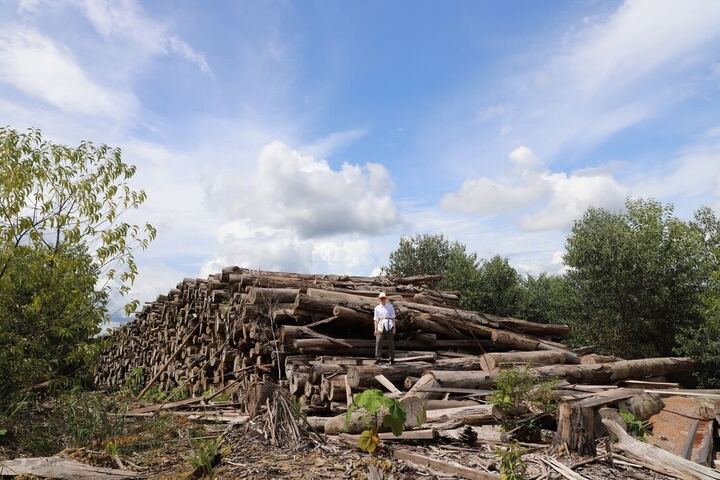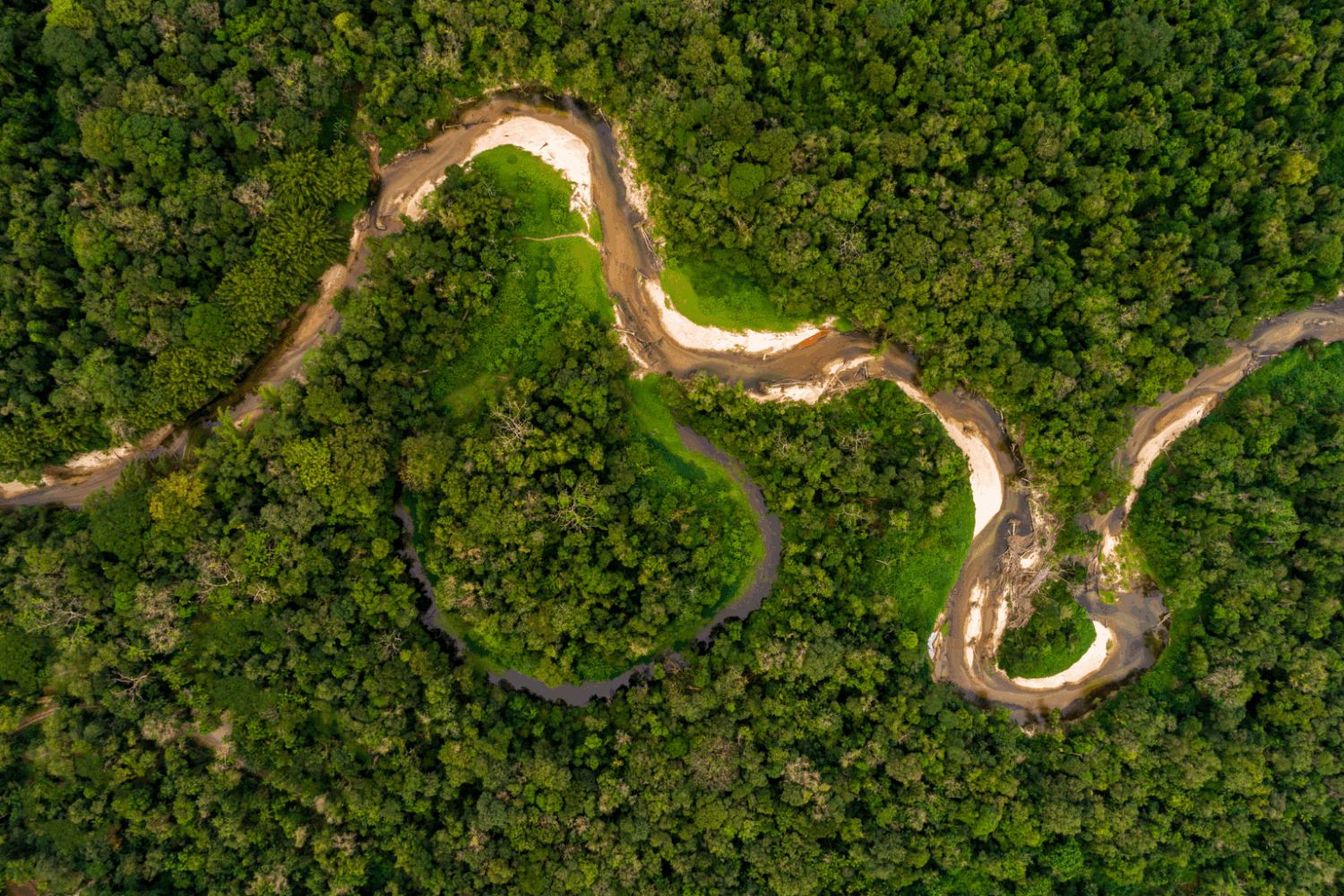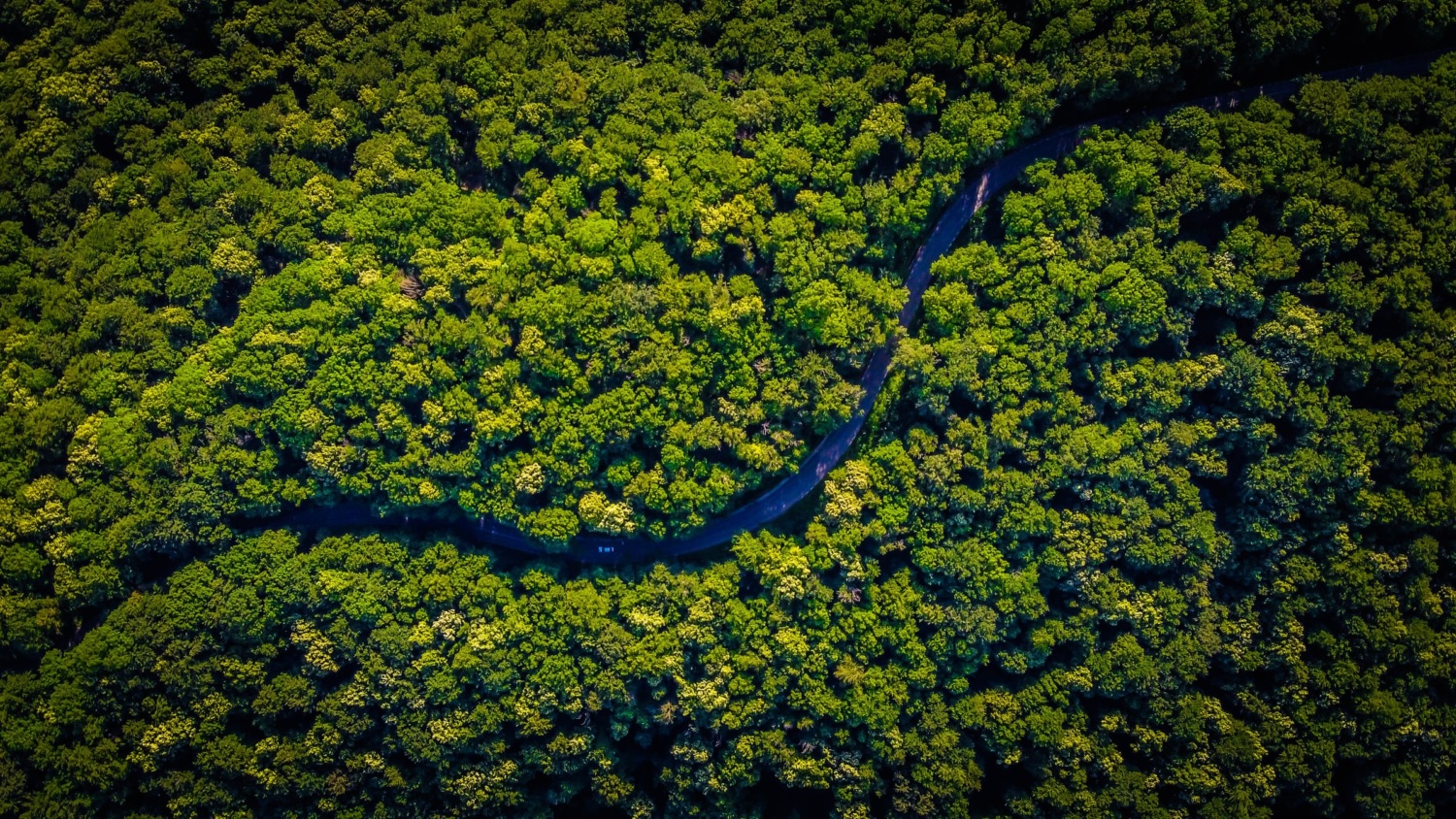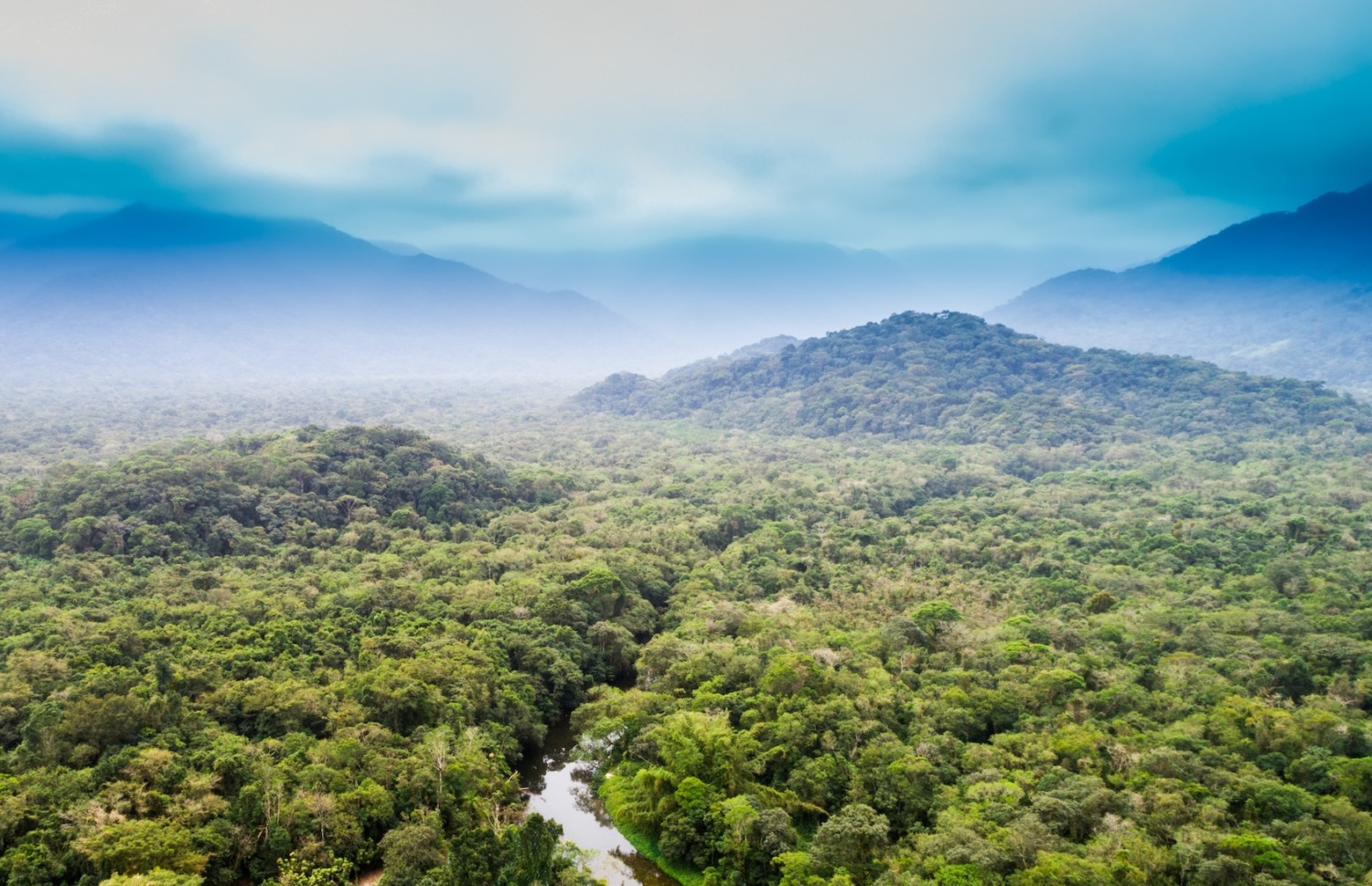
CEO Note: Signs of Progress for South American Forests
The climate summit in Belém, Brazil is approaching. With a summit in the Amazon rainforest, it’s an opportunity to bring the world’s spotlight to the Amazon and other wonders of South American nature.
We’ve seen this summit as a key moment in our flagship campaign to transform the meat industry, which is responsible for more than 90 percent of the deforestation in South America. Our goal has been to persuade the meat companies and their customers not just to announce new commitments, but to demonstrate concrete progress on their promises to eliminate ecosystem destruction from their supply chains.
We’re seeing signs that some of that work is delivering results on the ground.
Progress in deploying cattle traceability
Pará, the province where Belem is located, has a cattle herd the size of Australia’s and has been part of the wave of cattle and animal-feed driven deforestation by companies like JBS and Minerva. One of the challenges in stopping deforestation is that big meat companies haven’t required their suppliers to share the full origin of their cattle.
So while most of the big meat companies have some sustainability commitments, ranchers have evaded their requirements by merely shifting cattle from one ranch with deforestation to another without mere days before sending the cow to slaughter. The meat companies know about this “cattle laundering” problem but haven’t acted.
Governments, NGOs and philanthropies in 2023 announced support for an exciting initiative spearheaded by Pará Governor Helder Barbalho to trace the origin of all cattle within the state. The program is now starting to be deployed across the entire cattle herd of Pará, with a goal of full coverage by 2027.
Meat companies are starting to deploy this program at scale. Even JBS has delivered more than 120,000 ear tags to ranchers. This kind of program helps integrate ranchers into the formal supply chain. Of course, data alone isn’t enough. JBS and others will have to actually act on the traceability information and actively monitor compliance to deliver the results we know are possible.
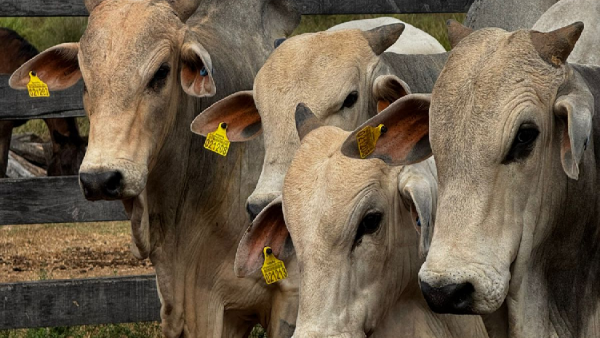
Pará is just one state. As Europe and the United States have shown for decades, cattle monitoring is easy and affordable. The meat industry has the ability to quickly expand this program to the rest of South America, and we’re calling on them to do so.
We will continue monitoring the progress of this system and hope the state initiative becomes a model for adoption in other critical regions in Brazil and in South America.
Colombia isn’t waiting
Colombia, for one, isn’t waiting. Thousands of cattle are currently grazing or being transported within three of Colombia’s most deforested national parks and other protected areas in the Amazon. Mighty Earth has been supporting our local partner Envol Vert to campaign for both private sector and government to advance a better traceability and deforestation monitoring system.
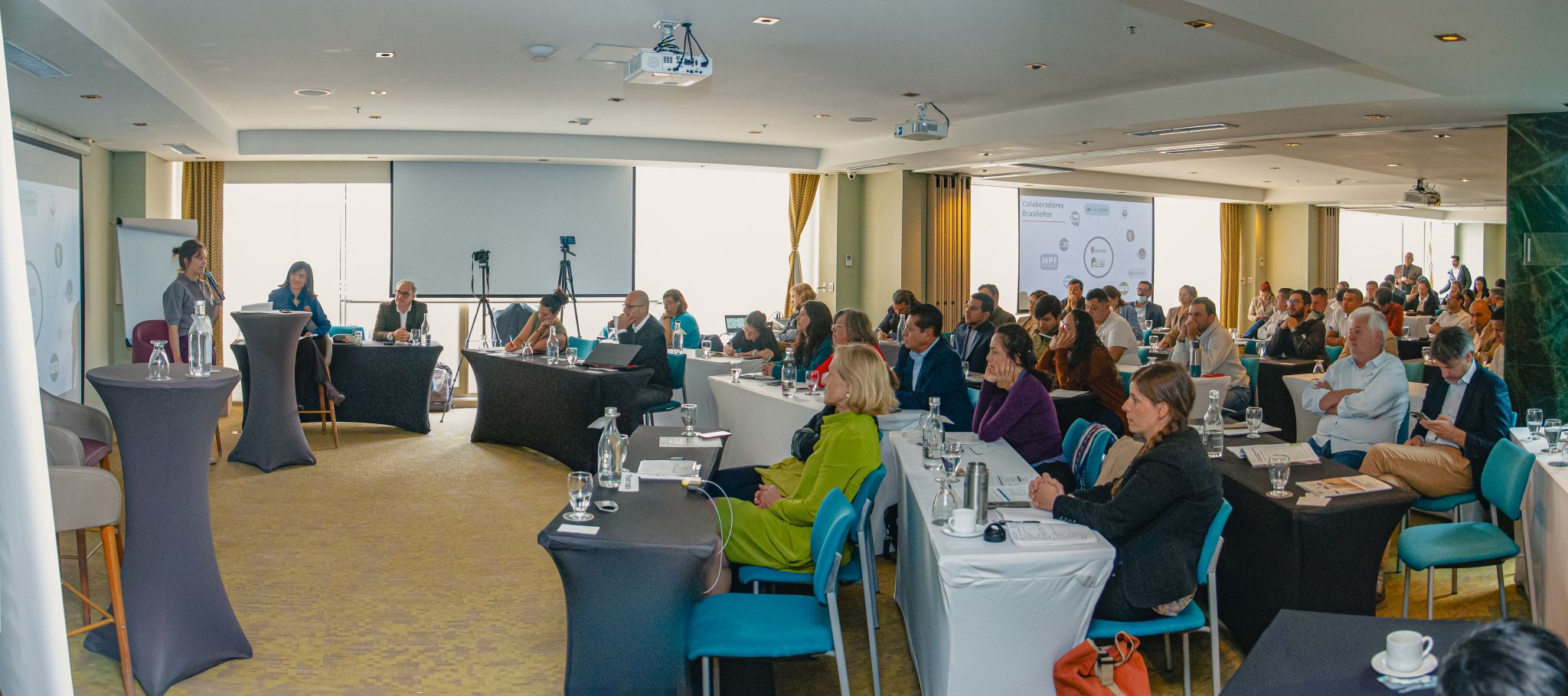
A new bill making its way through the Colombian congress would ensure that buyers and slaughterhouses can exclude products linked to deforestation to protect these critical ecosystems. The bill will establish a traceability system to monitor cattle and control illegal deforestation.
Finalizing this policy will send yet another signal that there’s no need to wait to establish traceability.
Amazon Soy Moratorium is still under threat
Even as the cattle industry progresses, we’re still fighting efforts by agribusiness interests in Brazil to gut the Amazon Soy Moratorium. The Brazilian anti-competition body has issued a ruling that would undermine the Moratorium starting in the new year. We’re working with corporate customers of Amazon soy around the world to stand up for this highly effective conservation policy.
$1 Billion Investment for Global Forest Protection
During the United Nations General Assembly in New York, Brazilian President Luis Ignacio Lula da Silva announced $1 billion for The Tropical Forest Forever Facility (TFFF) to support forest conservation, making Brazil the first country to announce a financial commitment to the fund.
The TFFF is one of the bright hopes for nature in the world. It’s a fund set up by the Brazilian government and partners to provide powerful incentives for governments to slash deforestation. It rewards for countries that have kept their forests standing, while limiting financing for countries that engage in deforestation.The vision is that governments, sovereign wealth funds, private companies and others will invest in the fund, with proceeds going to fund nature protection around the world. It’s elegant, relatively unique in that it originates with a forest nation itself, and is building strong support from governments around the world.

But the TFFF needs much more financing to achieve the necessary scale. We want to see at least $25 billion contributed ahead of Belém so that this effort can take off. This fund could radically change the economic calculus that has driven deforestation for centuries – and finally mean that burning trees will mean burning money.
Annual Report
Finally, I’m happy to share our 2024 annual report – our official summary of what is likely the most high-impact year in Mighty Earth’s history. I hope you’ll take a moment and revisit some of the notable accomplishments you’ve helped us achieve.
—
P.S. – The conservation world lost an absolute giant with the recent passing of Jane Goodall. One of the transcendent pieces of wisdom that Jane Goodall brought with her was a celebration of the reality that we’re all great apes. Of course, from that understanding, came the most urgent appeal to protect our cousins from deforestation, poaching, and other threats. But on a deeper level, every time she performed her famous chimpanzee pant-hoot, she communicated that we are not so different in our souls from our furry friends. Her life was a corrective to the most dangerous conceit of our materialistic civilization: the delusion that we are above and apart from nature, or that we could possibly afford not to dedicate our lives to protecting it. I hope we can carry on Jane’s lesson and bring balance to our world and balance to our hearts.
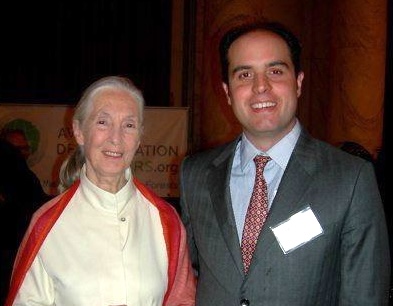
—
© 2025. The text of this article is openly licensed under Creative Commons (CC BY-ND 4.0); you are free to copy and redistribute or republish the article in its entirety with attribution and credit.
